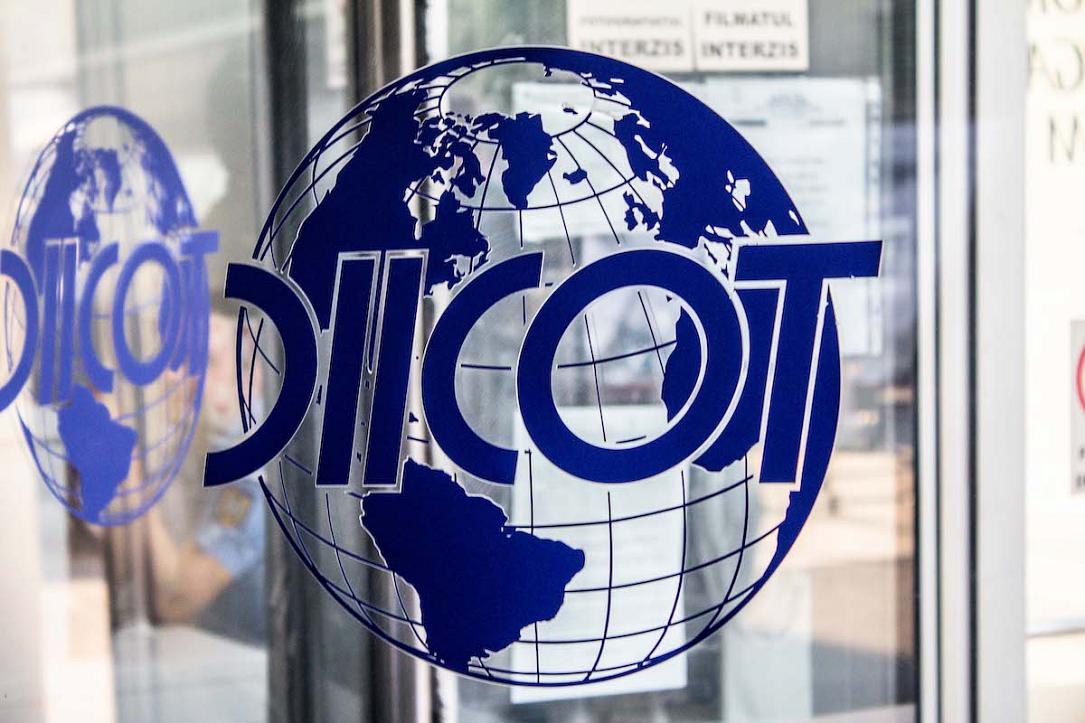DIICOT: Romania, other EU states targeted by Russian sabotage tactics in 2024



Romania, alongside other European states, was targeted by acts of "sabotage" characteristic of Russian tactics throughout 2024, according to a recent report from DIICOT. The goal of these hybrid attacks was to test NATO countries' defense preparedness and identify weaknesses in infrastructure, the Directorate for Investigating Organized Crime and Terrorism said.
"Since 2022, at least 50 incidents have occurred in 13 European countries that could be Russian hybrid operations. These include cases of espionage, diversion, vandalism, cyberattacks, disinformation campaigns, and three attacks on underwater infrastructure in the Baltic Sea," DIICOT stated.
Romanian prosecutors indicate that Russia has changed its tactics in launching hybrid attacks, no longer sending its agents into NATO states but instead recruiting random contractors via chat groups on the Telegram app in exchange for money.
"Germany, France, the United Kingdom, the Czech Republic, Slovakia, Poland, Romania, Bulgaria, Estonia, Latvia, Lithuania, Finland, and Sweden have been affected by hybrid attacks. In most cases, there were no casualties, although avoiding casualties is not a priority for Russian intelligence services," DIICOT explained.
The report also highlights that there are supporters of the Islamic State on Romanian territory, but that Romania did not face a threat of an attack. However, propaganda from Daesh/Islamic State remains the main driver of radicalization, reinforced by extremist ideologies promoted by other terrorist organizations.
"At present, Romania is not experiencing a terrorism phenomenon, and the risk remains low. The terrorist threat is linked to developments abroad concerning foreign terrorist entities and migration flows. [...] The most frequently used environment for such criminal activities is the internet, with minors, teenagers, and young people being the primary at-risk category," prosecutors added.
Developments in Ukraine are also of concern, particularly regarding the potential illegal introduction of weapons, ammunition, and explosives into Romania.
"Lone-wolf terrorists represent a significant resource for terrorist groups, and their use of easily accessible or simplistic attack methods (vehicles, bladed weapons, rudimentary improvised explosive devices) makes these situations difficult for authorities to identify, prevent, and counter," the report states.
DIICOT handled 94 cases of terrorism and national security offenses, with 15 defendants indicted.
(Photo source: Inquam Photos | Alexandru Busca)